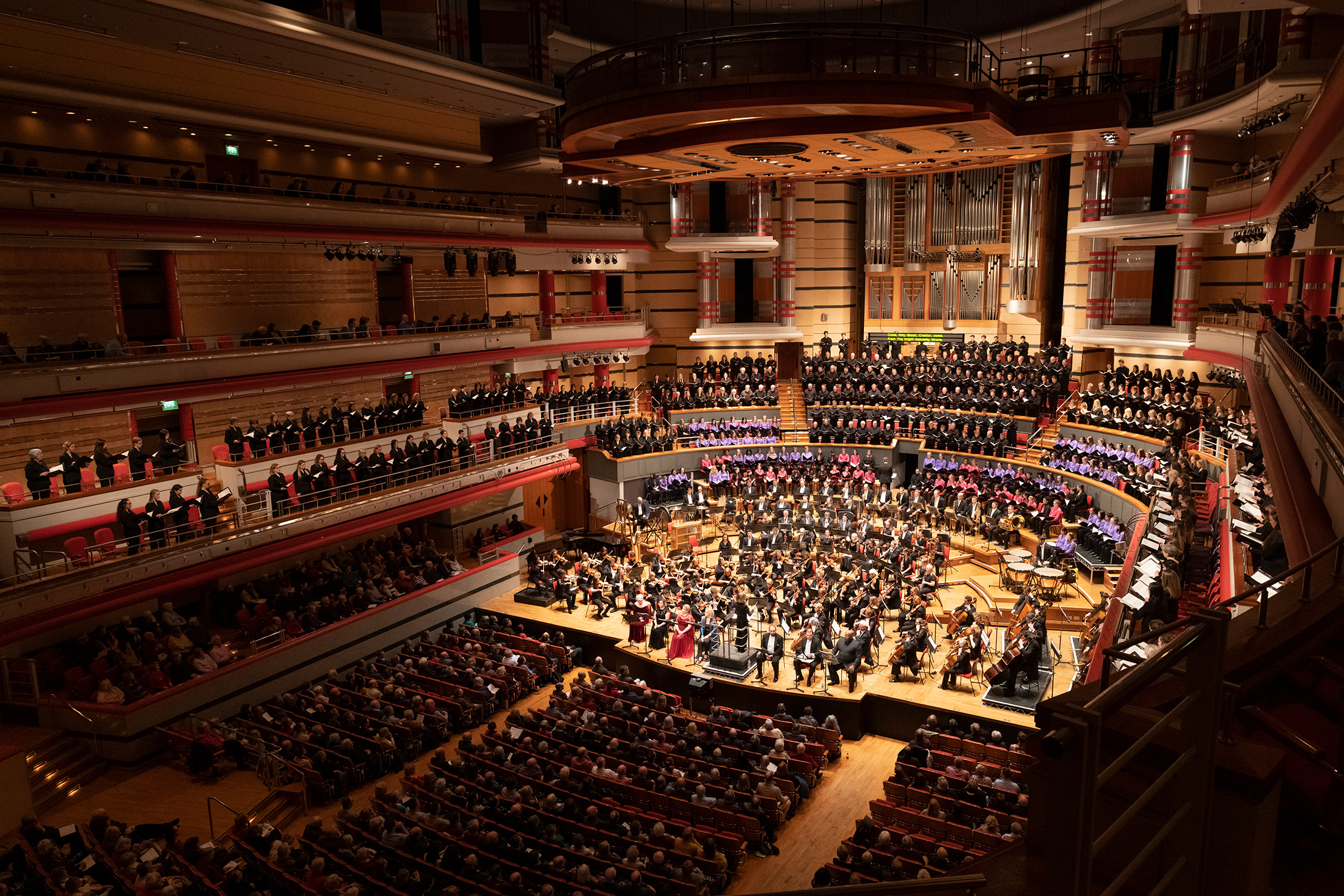The BBC has announced something new for Radio 3 – a digital radio station which expands the Corporation’s classical music output.
The new Radio 3 digital station will feature ‘peaceful’ music which – according to the press release – features music to bring about a mood. The press release talks about the way music will help people ‘de-stress’ and ‘escape’ the pressures of daily life. It will feature ‘ethereal’ choral music and ‘soothing’ orchestral textures, as well as ‘neoclassical’ sounds. It promises a ‘consistent, calming listening experience unlike anything in the market’.
It’s the latest development for the much-revered UK classical music station which began life in 1946 as the Third Programme, was renamed in 1967 as BBC Radio 3 and remained (by and large) unchanged in purpose and style until the early 2000s.
The introduction of this station like that of Radio 1 and 2, clearly signals the BBC being aware of ‘another’ audience who could potentially be courted with a more-music-less-presentery approach. It is an acknowledgement that some sections of the audience want the music to evoke a mood. No surprises. It’s what the likes of Classic FM and Scala Radio have been doing for some time. If you can’t beat them, join them. Why not implement the same strategy to corner the market?
The phrasing also signals that to a certain extent, the BBC understands that some audience members regard classical differently and use a different language to talk about it all. This might also reflect a deliberate move away from leaning heavily on expert knowledge and trusted guides. In this way it’s possible to see the BBC as consolidating its position, changing the narrative around classical music, and acknowledging that not all listeners necessarily approach the genre as art, some just want to escape and see classical as a passport to a different mind state.
Set against their previous classical music strategy announced last year which saw a furore around the Corporation’s perceived disregard or indifference to classical, the reinstatement of the BBC Singers, and an extensive discussion between the MU and BBC orchestral players about the future of some players’ roles, this announcement demonstrates a diversification of its audience strategy.
The introduction of this ‘deep dive’ opportunity for listeners to Radio 3 won’t dent its commitment to its existing passionate and often vocal audience. Whether it remains committed to serving that audience in the future remains to be seen in the years to come.
In this way, the BBC is mirroring what others in the broadcast industry are already doing by offering mood and texture as the signpost for escape, calmness, and focus. It’s not a new approach, but implementing it does signal an overlap with competing brands – a sense that the audience to vie for is those who consume (or who might consider consuming) classical in a different way.
It’s the audience the BBC needs to pursue. It’s also a digital offering that is cheaper to produce, something the BBC needs to bear in mind. Connect with a new audience and satisfy them, and over time, you might persuade them to part with their money when the time comes to implement subscription access. Given that the station as proposed will draw heavily on BBC Proms content its possible to see the implementation of this channel (on BBC Sounds at least) as the beginning of a revenue generator. If the BBC gets to the stage of implementing a subscription model, this would be a nifty way of charging to access an archive of Proms broadcasts, leaving live broadcasts free at the point of delivery.
I’ve not listened to BBC Radio 3 since 29th September 2023, but it will be intriguing to hear what the new station sounds like. Before then regulatory processes need to be gone through. If it’s approved it will be available via BBC Sounds and DAB+.



